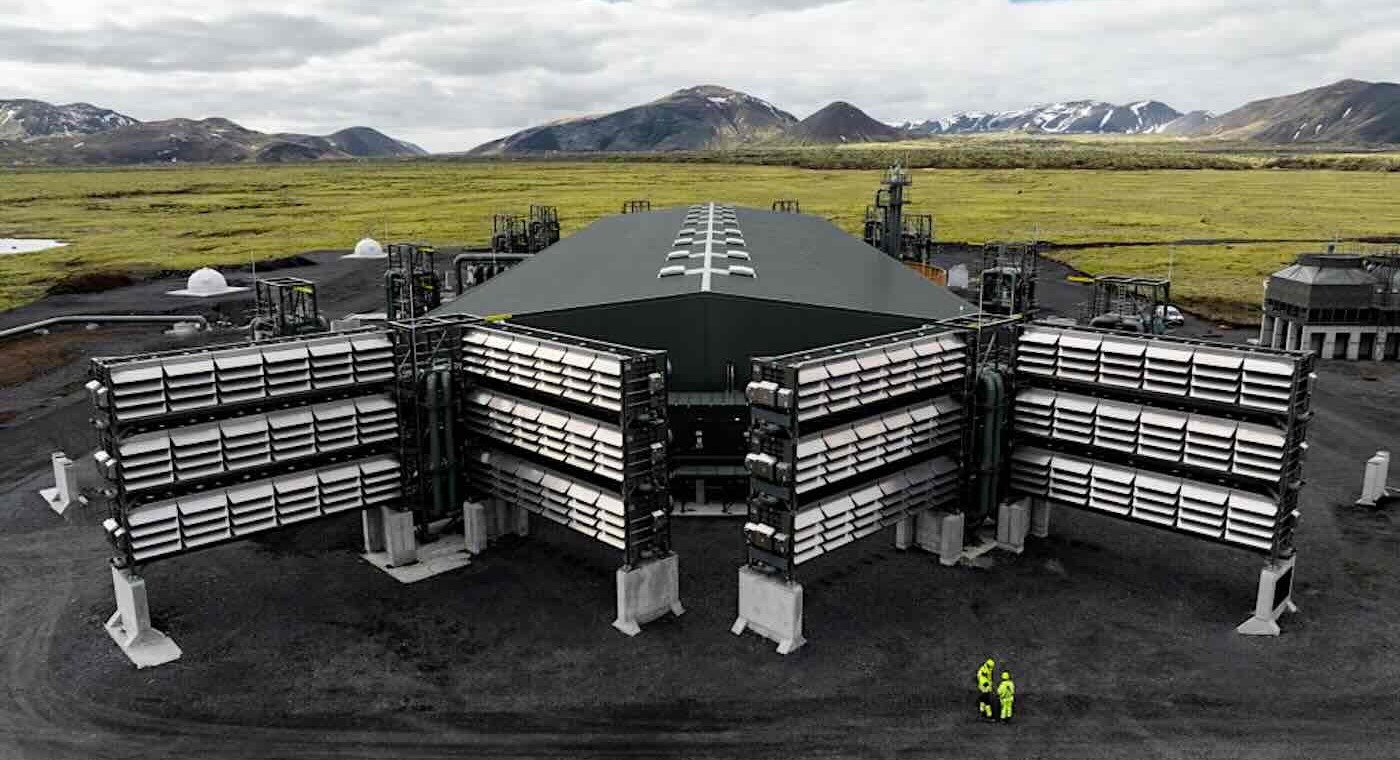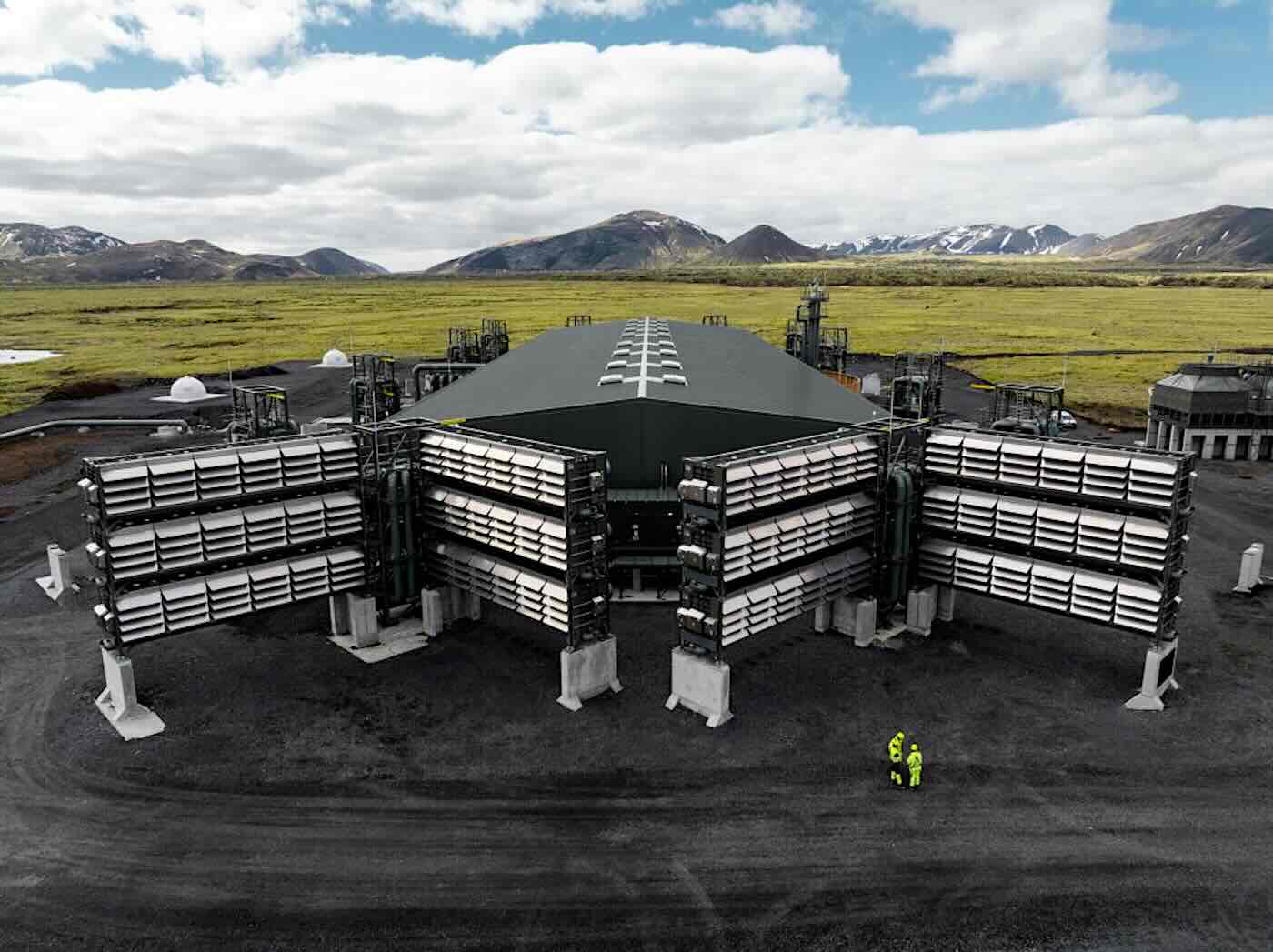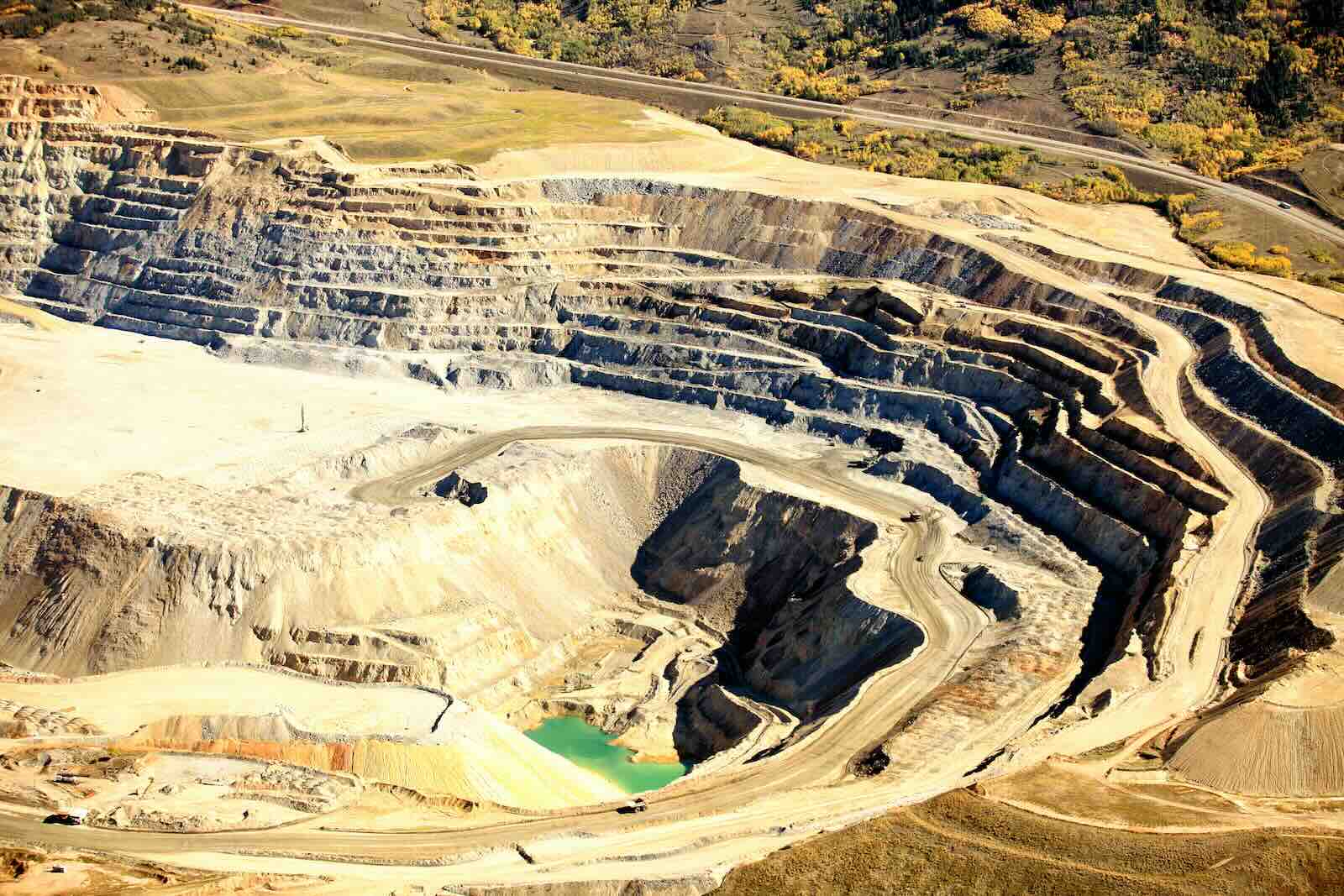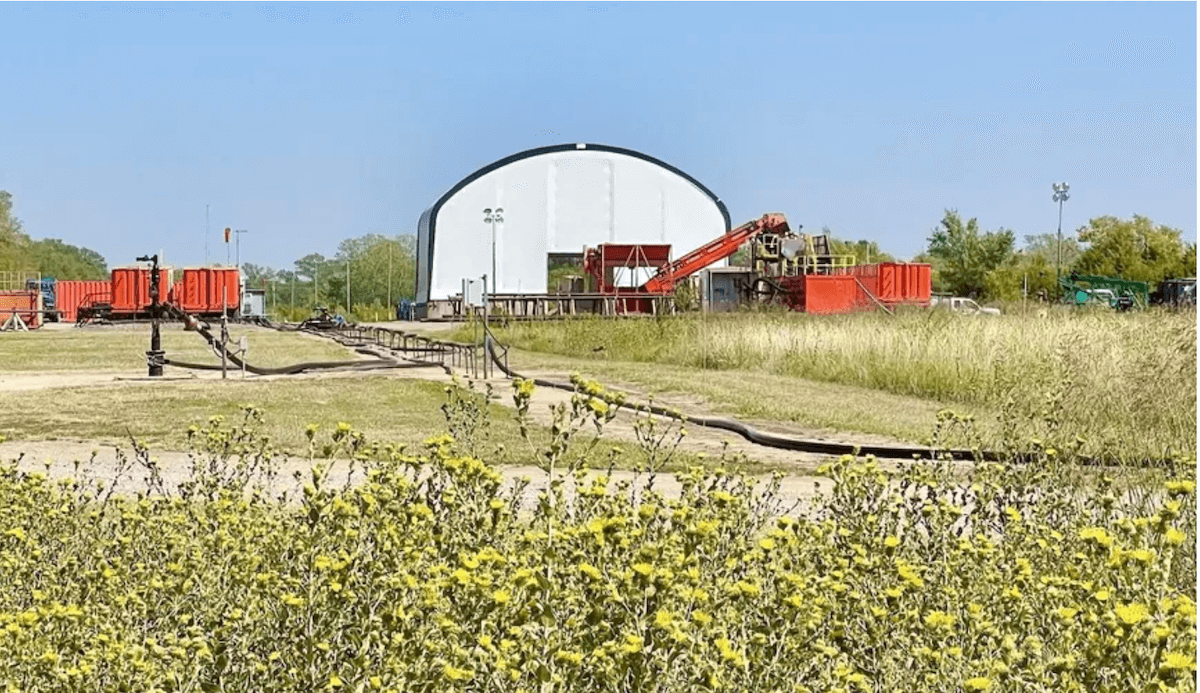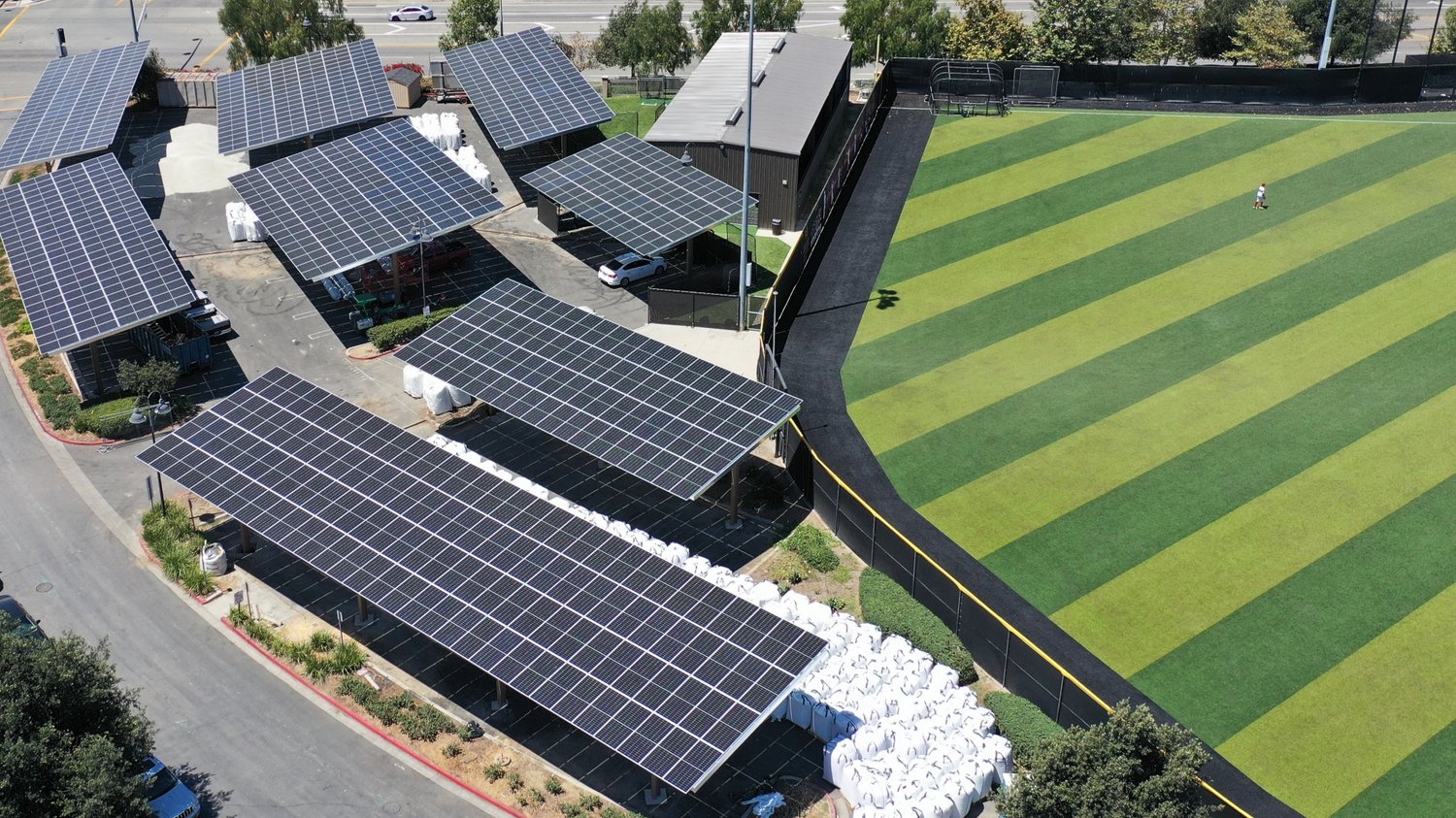ImpactAlpha, Aug. 8 – A darling of sustainability investors in private markets has gone bankrupt just two years after going public. Proterra, a U.S.-based maker of electric buses and battery systems for heavy-duty vehicles, filed for Chapter 11 bankruptcy protection amid mounting supply chain costs and tepid demand.
The 20-year-old company attracted early funding from sustainability investors including Generation Investment Management, Cowen Sustainable Advisors and Obvious Ventures before going public via a merger with a SPAC, or special-purpose acquisition company, ArcLight Clean Transition Corporation.
“We have faced various market and macroeconomic headwinds that have impacted our ability to efficiently scale all of our opportunities simultaneously,” Proterra’s Gareth Joyce said in a statement. Shares of the company fell more than 88% on Tuesday’s news.
Ups and downs
Proterra sold more than 1,300 electric buses to transit agencies and cities across the country, including in Miami, Chicago and Albuquerque, and Arlington and Sonoma counties. Many of those municipalities are now among a long list of creditors with unsecured claims.
The company raised a total of $682 million in venture capital; its largest equity holders include Kleiner Perkins, BMW iVentures and Daimler Trucks.
President Biden hailed the EV maker as part of the push to pass his infrastructure bill, which included tens of billions for zero-emissions vehicles and electric school buses. Energy Secretary Jennifer Granholmfaced criticism for her stake in the company, which she eventually sold.
Chinese competition
Proterra says it will continue operations as it pursues a restructuring “to strengthen its financial position through a recapitalization or going-concern sale.” The company’s inability to turn a profit highlights the challenges facing upstart EV companies, particularly in the U.S.
China’s BYD, the world’s largest EV bus maker, should sell three million buses this year, Raymond James’ Pavel Molchanov toldCanary Media. BYD has benefited from a half-decade long push from the Chinese government to convert fossil-fuel fleets.




